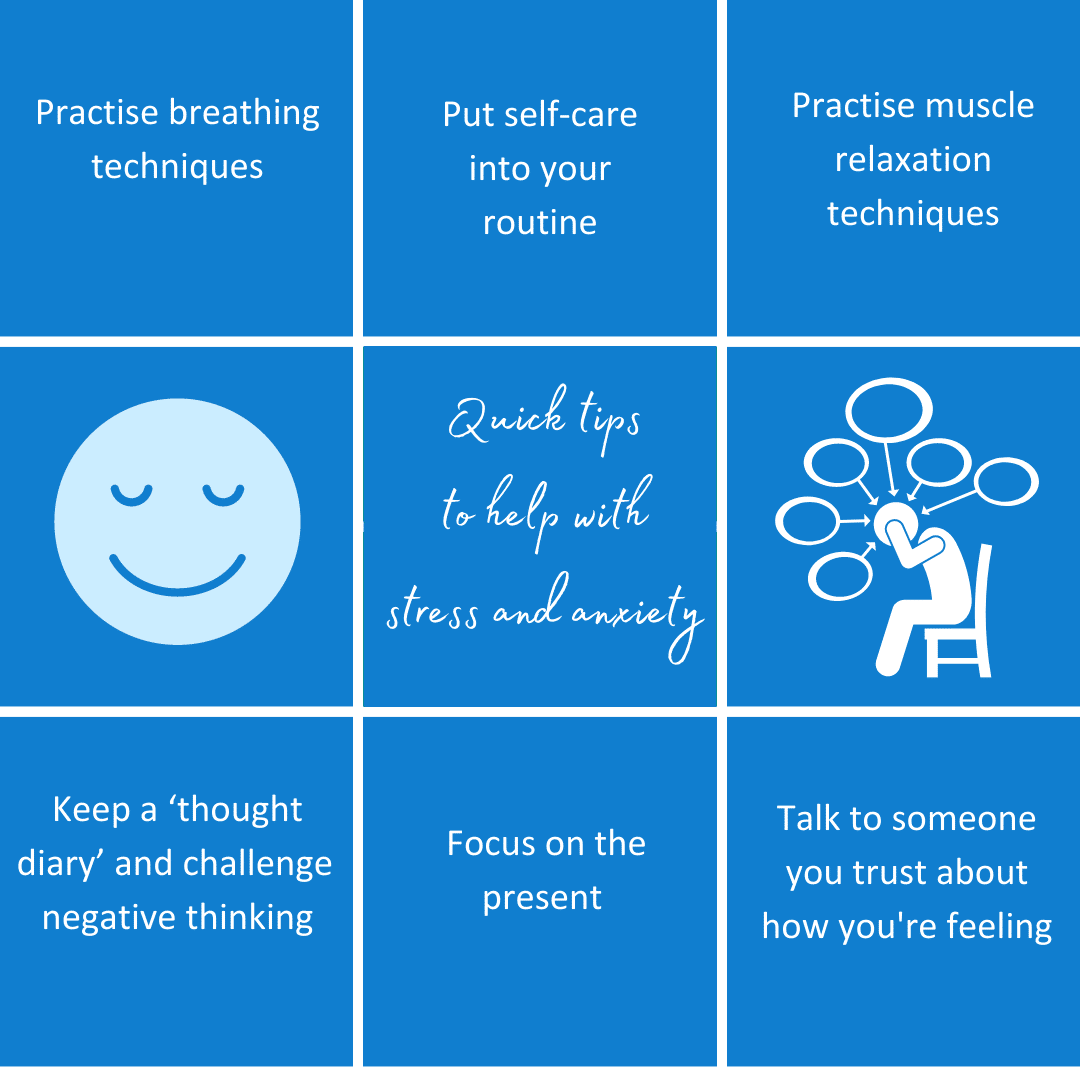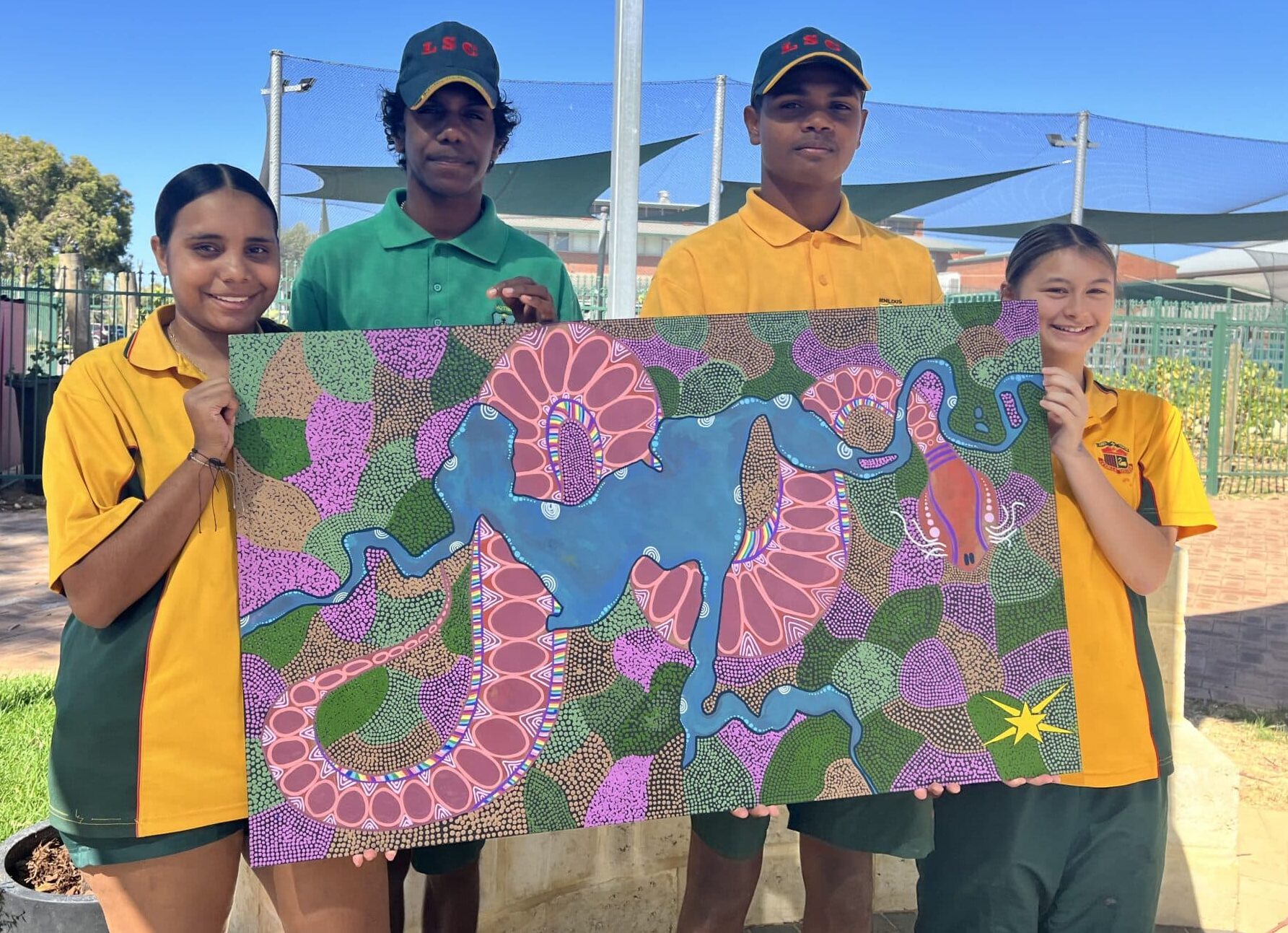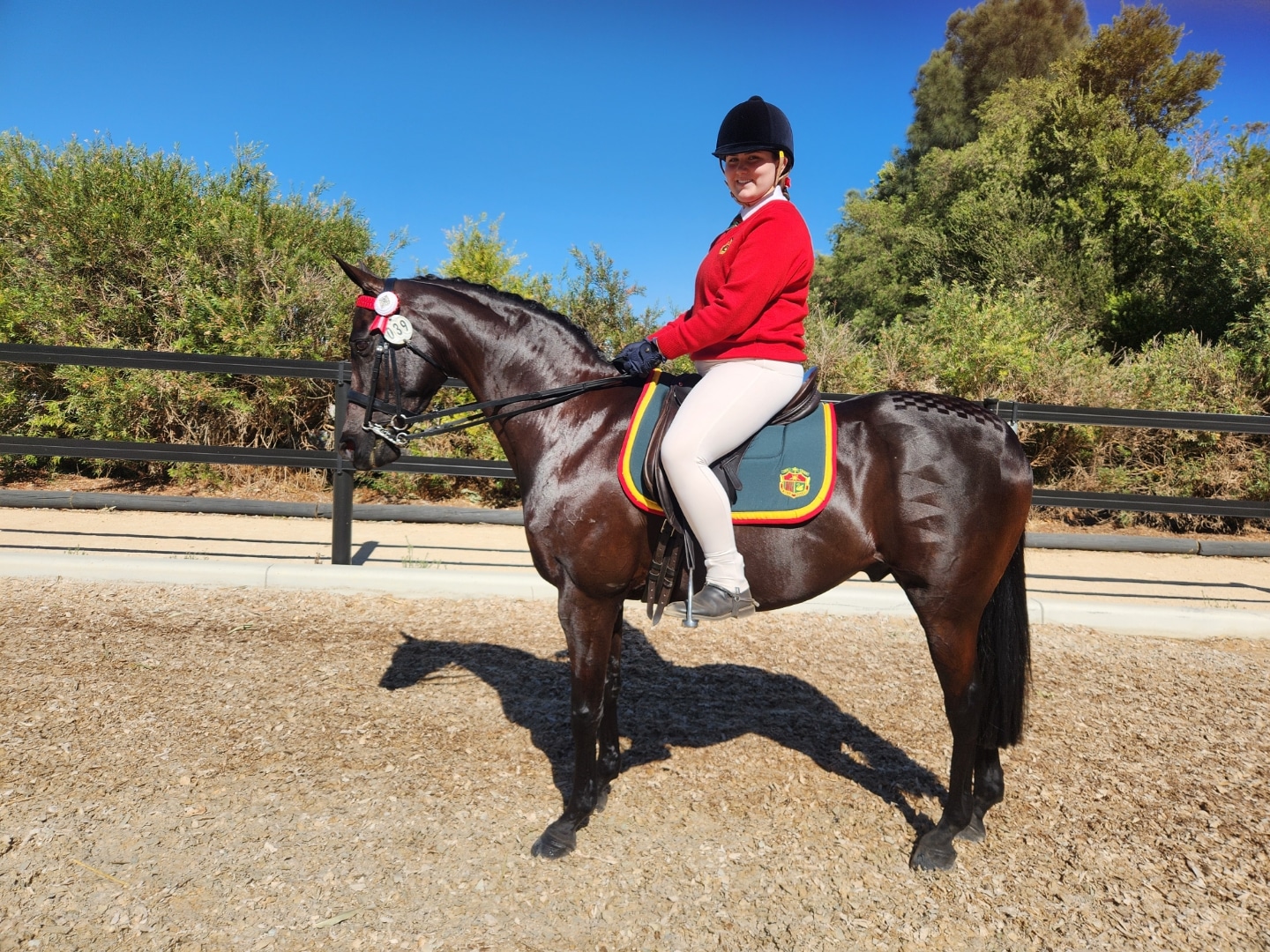The most recent Australian data from 2013/14 indicated that in the previous 12-month period, depression and anxiety affected 5% and 7% of young people aged between 12 and 17 respectively. (Lawrence et al. 2015.)
While these figures only represent clinically diagnosed mental health disorders, we know that there are many more young people who feel depressed or anxious at some stage of their high school years. So how can we support young people going through this? Firstly, it’s important to recognise that there can be a big gap between feeling anxious about a situation and having an anxiety disorder. The same can be said for feeling depressed. These feelings can come and go depending on what is happening at the time, and they are just two, of a wide range of emotions we experience in life. In the same way that we may feel worried, excited, or angry, these feelings will usually pass with time or as circumstances change.
There are several ways to work through unpleasant feelings and situations. These may include stress management techniques, writing in a journal or problem-solving strategies, depending on the circumstances.
The ReachOut website has some useful suggestions:
However, when these feelings start getting in the way of our regular routine and interactions over an extended period, it’s time to pay closer attention. If these feelings are stopping your child from attending a regular activity that they usually enjoy or they are making it difficult to get to school, it’s a good time to seek some support. A visit to the GP or a discussion with the school counsellor can be a good place to start.
Here are a few more suggestions from ReachOut:
A diagnosis of depression or anxiety disorder cannot be made at school. In these more serious cases, a visit to the GP is recommended to undertake a thorough assessment of your child’s physical and mental health, before determining the best course of action.
If you need to discuss concerns regarding your child, please contact their Leader of Wellbeing or College Counsellor.
College Wellbeing Team
**Source of information: Lawrence D, Johnson S, Hafekost J, Boterhoven De Haan K, Sawyer M, Ainley J & Zubrick SR 2015. The mental health of children and adolescents: report on the second Australian Child and Adolescent Survey of Mental Health and Wellbeing. Canberra: Department of Health.





